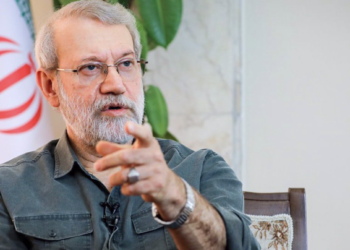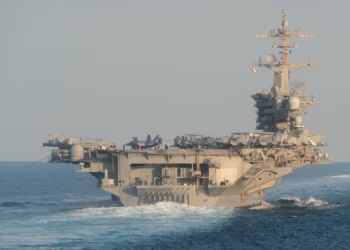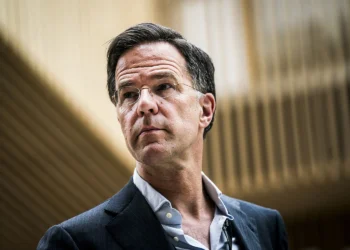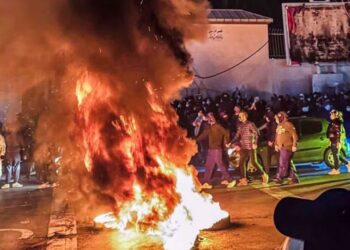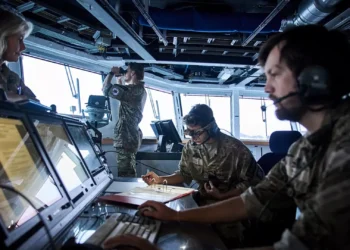TEHRAN (Realist English). A senior military adviser to Leader of the Islamic Revolution Ayatollah Seyyed Ali Khamenei has described the emerging global competition over transport and trade corridors as a “decisive arena” in international relations — and a new stage for Iran’s strategic influence.
Speaking on Monday at the sixth meeting of the scientific committee for the upcoming conference on “Basij, Development, and Sustainable Security in Southeastern Iran”, Major General Yahya Rahim Safavi, a former commander of the Islamic Revolution Guards Corps (IRGC), said the “corridors war” is reshaping global power dynamics.
“The world today is engaged in a new form of competition known as the corridors war — a rivalry defined by railways, sea routes, and transit roads,” Safavi said. “In this arena, nations with strategic geography and strong public security will be the main players.”
He framed the struggle as a civilizational contest between East and West, asserting that Iran’s position — linking East to West and North to South — enables it to serve as a new axis of regional balance.
Iran’s strategic geography
Iran sits at the crossroads of major international trade routes, including the North–South and East–West corridors, which connect West Asia with East Asia and Europe.
Its rail network links:
- West to Turkey and Europe,
- Northwest to Azerbaijan,
- North to the Caspian Sea, Turkmenistan, Kazakhstan, Azerbaijan, and Russia,
- Northeast to Central Asia, Russia, and China,
- Southeast to Pakistan, and
- South to the Persian Gulf and global waters.
Iran and Russia are set to sign a contract next month for the Rasht–Astara railway, a critical section of the International North–South Transport Corridor, according to Iran’s minister of roads and urban development.
Focus on Sistan and Baluchestan
Safavi highlighted Sistan and Baluchestan Province in southeastern Iran as a key front in the corridors competition, citing its potential to bolster Iran’s economic resilience and provide “a viable alternative to oil revenues.”
“Strengthening infrastructure, enhancing sustainable security, and activating local capacities will reshape the region’s interactions,” he said.
The upcoming conference, Safavi added, aims to move beyond “theoretical plans” by proposing scientific and practical solutions to unlock the region’s potential. He called on participating institutions to present concrete, actionable strategies to advance both development and security in southeastern Iran.



